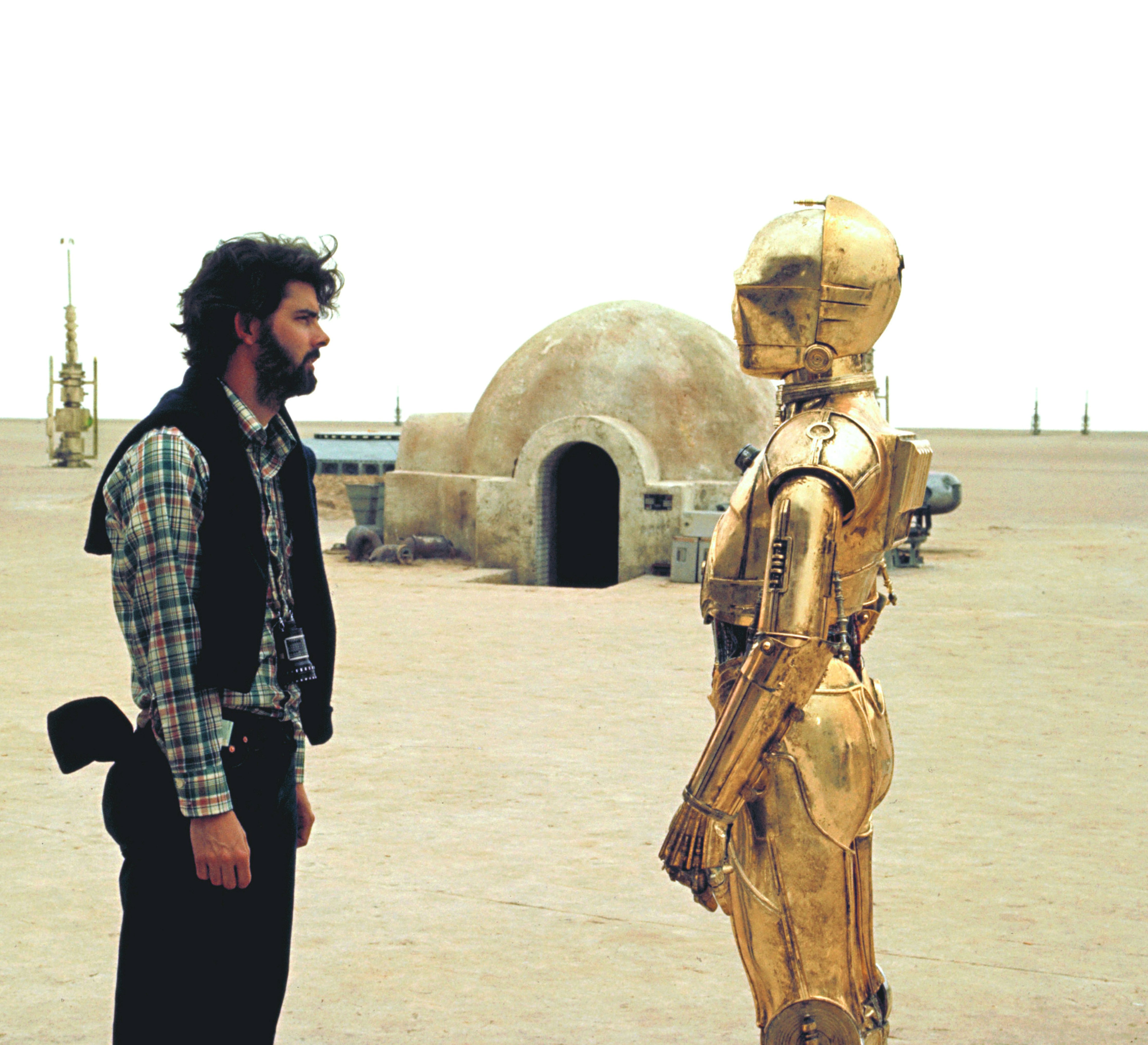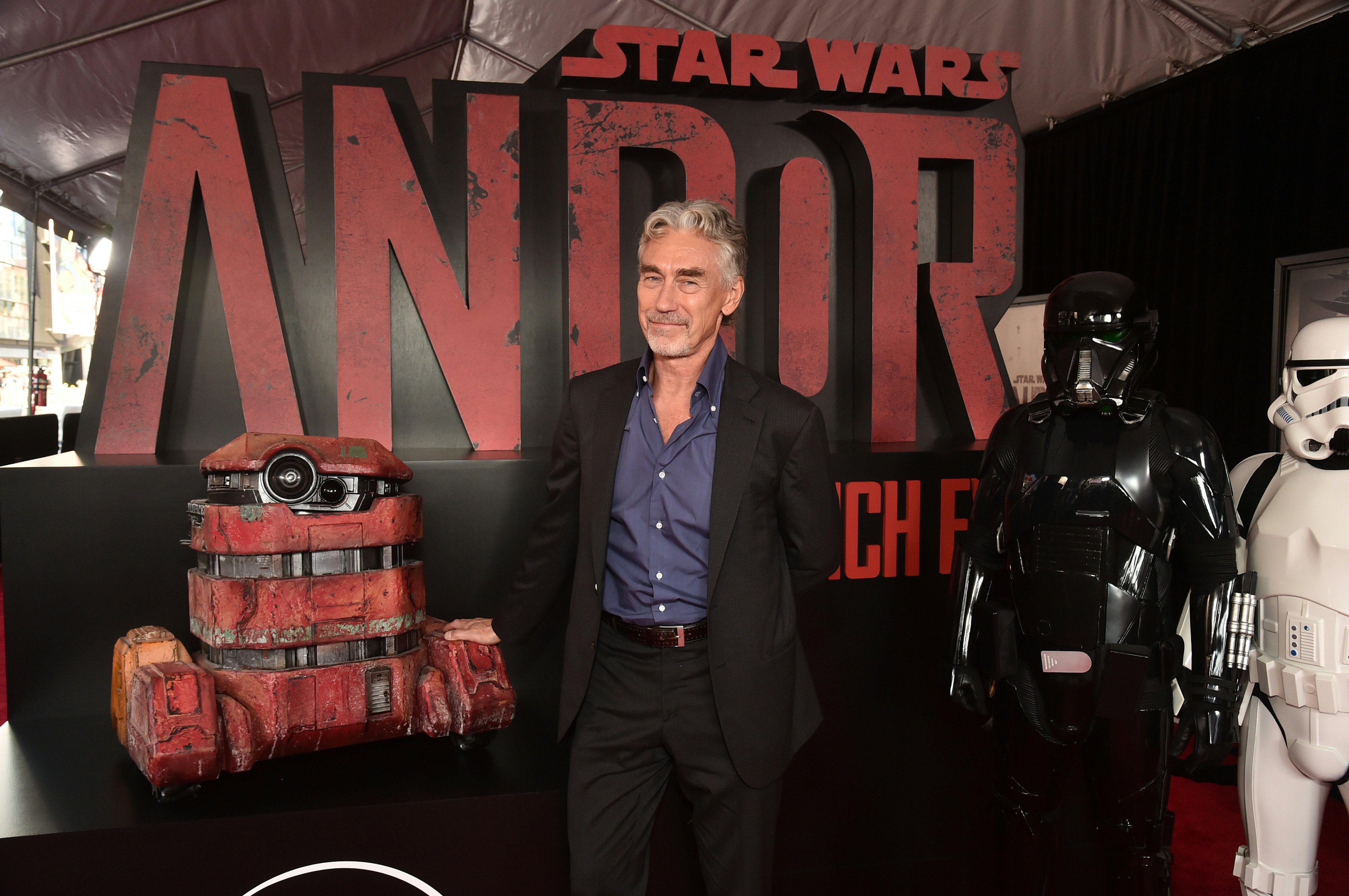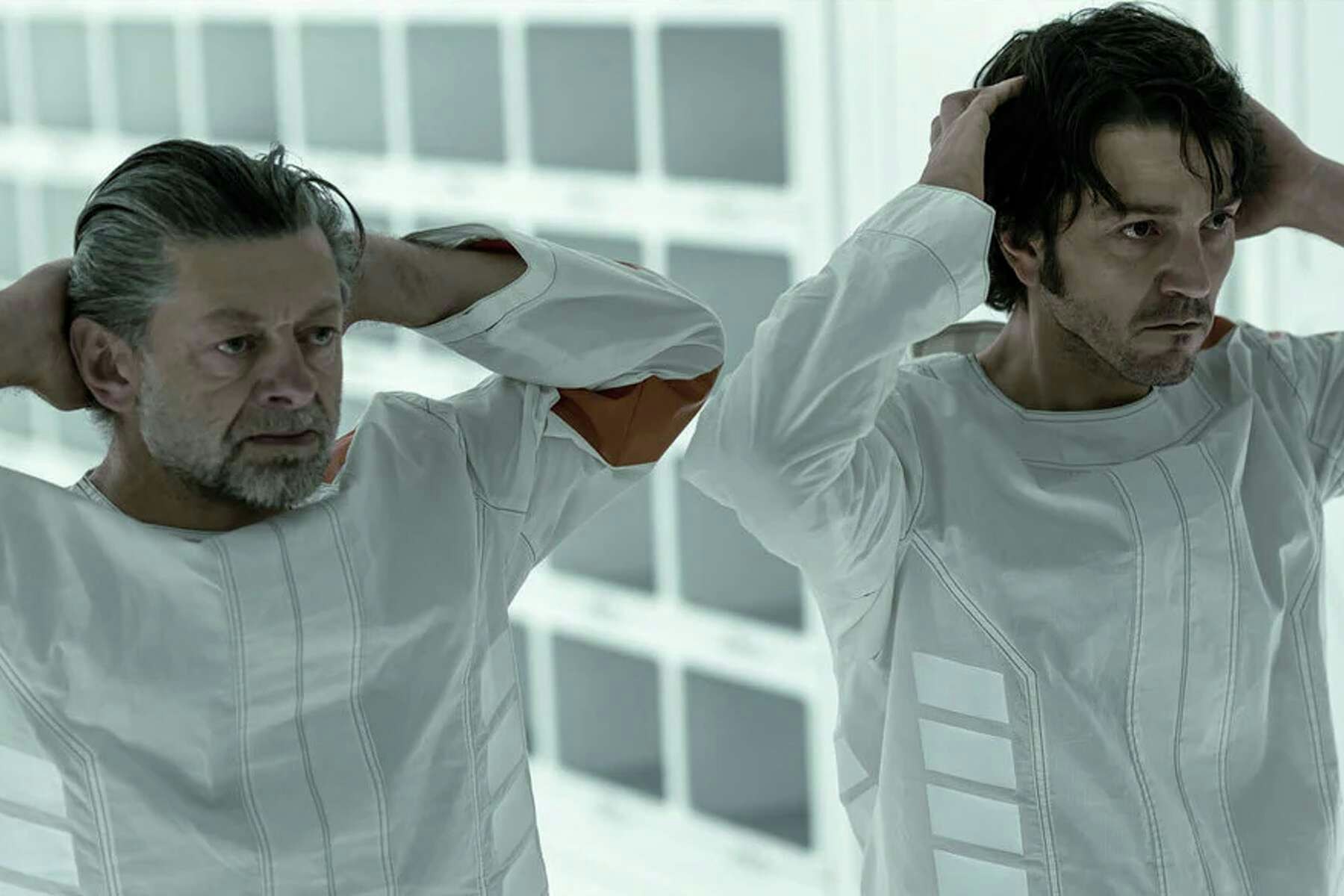
In 2018, two great directors got together to talk about science fiction: George Lucas and James Cameron. In a clip from James Cameron's Story of Science Fiction docuseries that you’ve probably seen many times over on Reddit, YouTube or TikTok, Cameron points out that in our world, the Rebel Alliance of Star Wars would probably be branded as a terrorist organization right alongside Al-Qaeda.
“When I did it, they were Viet Cong,” Lucas replied.
Let’s unpack that. In Star Wars (1977), one of the most successful movies of all time, the director framed the plot’s central conflict as an evil Empire representing the United States of America and the good guys as Vietnam’s revolutionary communist guerillas. This was two years after America withdrew from Vietnam, and Lucas worked on the script for years before finally making his movie.
28 years later, George Lucas took another shot at America in Revenge of the Sith, framing Anakin Skywalker’s transformation into Darth Vader as a metaphor for President George W. Bush’s conquest of Iraq. “If you're not with me then you're my enemy!” Anakin told his mentor and friend Obi-Wan Kenobi, directly referencing Bush’s proclamation that “Either you are with us or you are with the terrorists” in the wake of the September 11 attacks.
So yes, Star Wars has always been political. But then Disney got involved.
Perhaps the most telling quote from the Disney era comes from Rian Johnson. Ahead of The Last Jedi’s premiere, he revealed his entry to Star Wars in an interview with NPR: Action figures.
"My mom surprised me and got me a Jawa," Johnson said. "I wanted a Jawa, and she got it for me.”
This is an increasingly common story among the people charged with making new Star Wars. We’re mostly dealing with fans who are happy to deliver a sanitized and Disney-approved version of the franchise as long as they get to play with the action figures. In some cases, like The Last Jedi, the results are great. In other cases, it really does feel like watching a kid smash their toys together.
Either way, something had to change. Enter Tony Gilroy.

In multiple interviews, Gilroy has made it clear that he’s not a diehard Star Wars fan, and a Google search turns up no examples of the Michael Clayton director talking about action figures. Instead, Gilroy is delivering an unabashedly political vision of Star Wars, and it’s the best thing the franchise has produced in years.
In particular, Episodes 8 through 10 of Andor feel like a total repudiation of the American prison system. People are incarcerated on trumped-up charges and forced into slave labor. Andor also hints at concepts like police quotas, which encourage authority figures to focus on punishing the innocent rather than fixing the issues plaguing our society.

Even the Imperial Security Bureau is a clear stand-in for the FBI, a government organization that’s done as much bad as good in its long history. And in an interview, actor Andy Serkis revealed that his character’s unexplained backstory involves being a union leader who wound up in prison for fighting too hard for worker’s rights.
With two episodes (and a second season) left, it’s thrilling to wonder what else Andor has left to say. For the first time in decades, Star Wars is finally political again. Hopefully, Disney will realize that giving the franchise a little edge leads to something special. Either way, people will still buy the action figures.
Andor is streaming now on Disney+.







